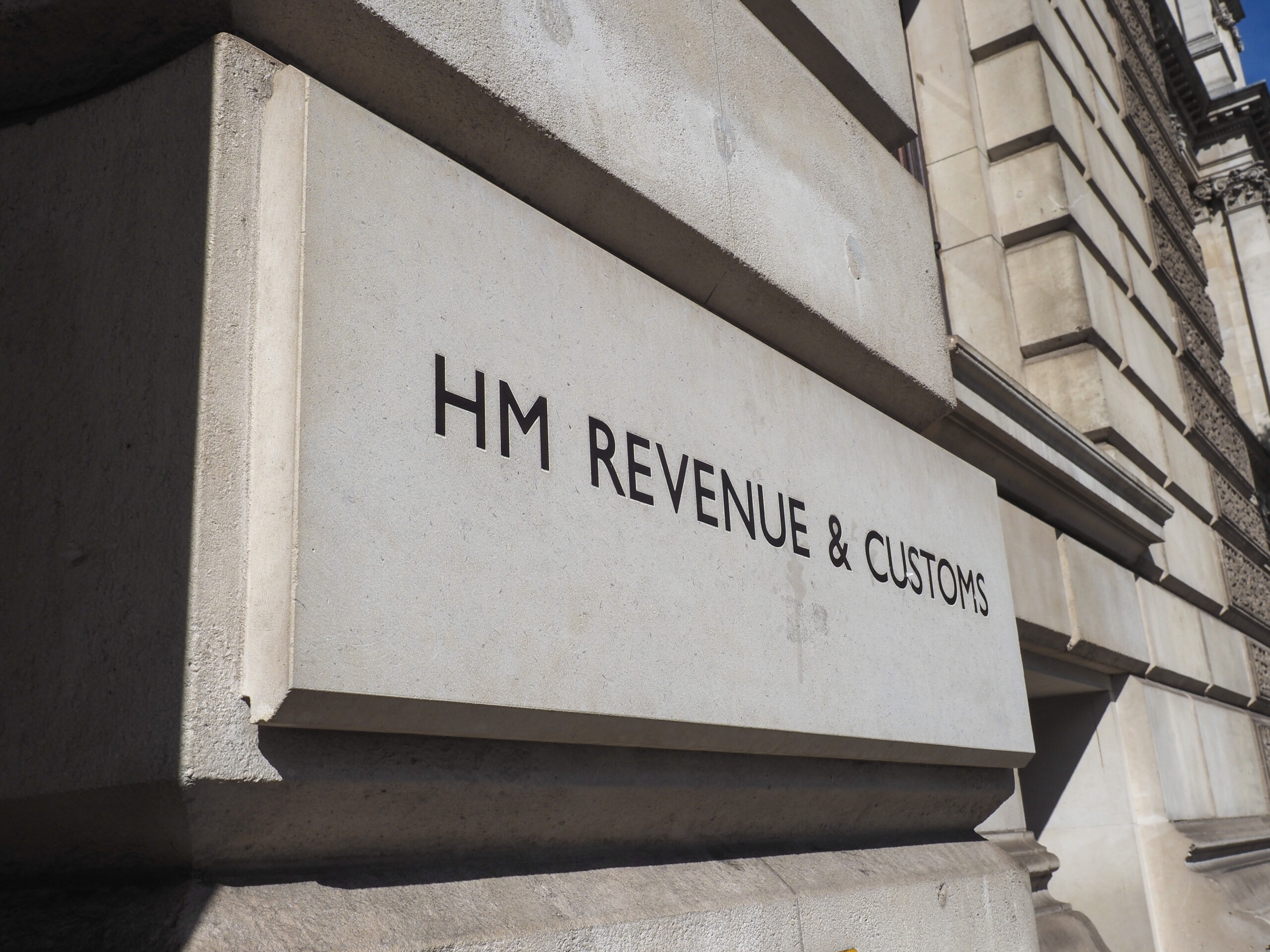
Date posted: 20th Sep 2023
Donations to charities, under the gift aid scheme, allow the charity to reclaim some of the tax paid by the donor.
If an individual donates £80 to a charity, they are treated as making a donation of £100, with HMRC paying the £20 difference (the equivalent of the basic rate of income tax) directly to the charity.
However, if you are a higher or additional rate taxpayer, you can claim further tax relief yourself.
Example
Tom donates £4,000 to the NSPCC.
As he has made a cash donation of £4,000, the charity is able to claim £1,000 back from HMRC and therefore Tom is deemed to have made a donation of £5,000 – £4,000 himself and £1,000 being the 20% basic rate tax on the £5,000 donation.
However, if Tom earns above the basic rate threshold (circa £50,000), then he may be due a refund of tax.
If Tom was a higher rate taxpayer (40%), then he can potentially claim a further 20% tax relief from HMRC (the 20% being the difference between his rate of tax – 40% and the basic rate of tax relief already given). This could be a further £1,000, thus reducing the total cost to Tom to £3,000 i.e. the £4,000 originally donated less the £1,000 tax refund. It has therefore cost Tom £3,000 to give a charity £5,000 thus saving him an overall 40% tax.
If Tom earned over circa £125,000, he may be able to claim a further 25% (45% tax rate less 20% given to the charity) and therefore receive a refund of £1,250.
It may also be possible to make a donation and treat this as if it were made in the previous tax year. However, this must be done before the tax return for that previous year is submitted to HMRC. For example, if Tom made the donation in September 2023 (which is in the 2023/24 tax year), then he could elect that the donation was treated as a donation for 2022/23 as long as he has NOT submitted his 2022/23 tax return to HMRC. If he has already submitted the tax return, he cannot claim that the donation was made in 2022/23.
Care is needed to ensure that you do not make gift aid donations that are in excess of any tax paid. If so, you will be required to make good the tax to HMRC – they will not ask the charity to refund the tax. This can happen, for example, if you have not earned over the personal allowance threshold or if you have made EIS/SEIS/VCT type investments that have completely extinguished your tax liability.
However, gift aid planning can be particularly useful if you are within certain tax brackets such as at the point of repaying child benefit or earning over £100,000.
As ever, we are here to help with your personal tax planning. Please give us a call if you would like to discuss any personal tax planning matters.


